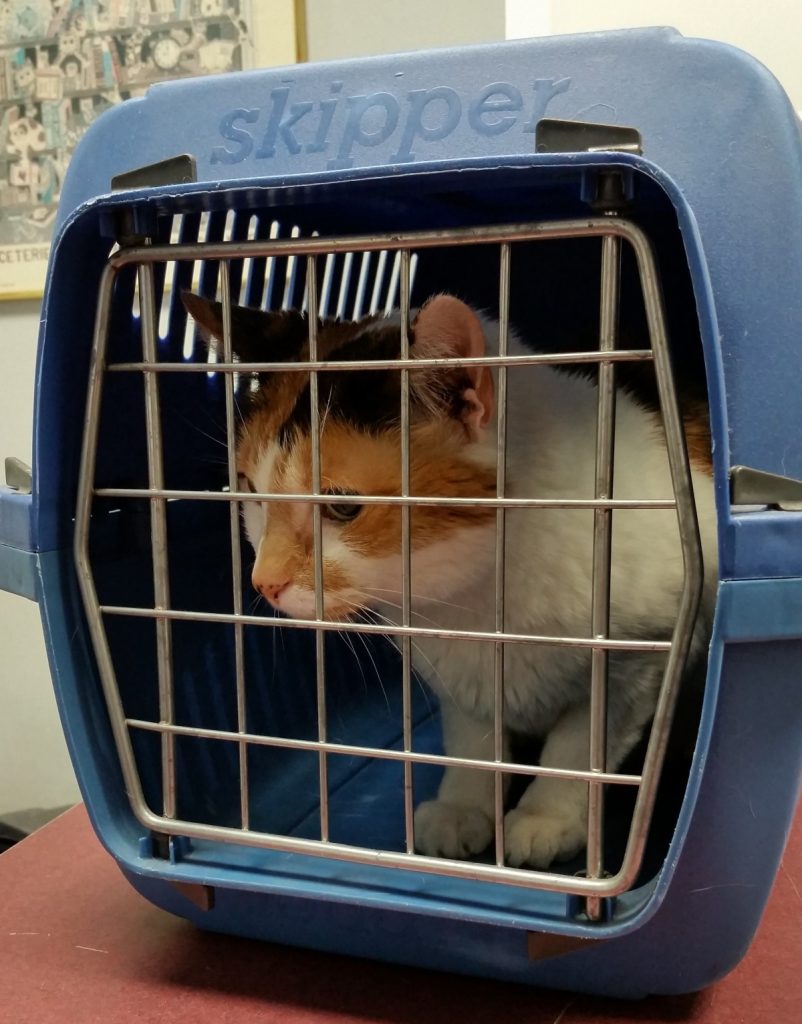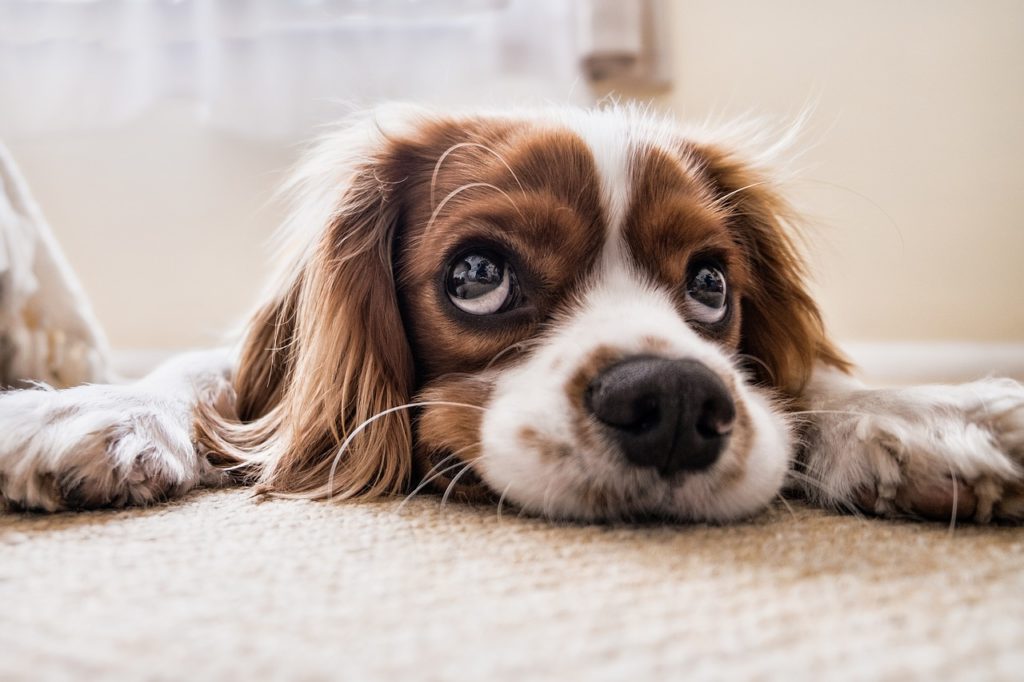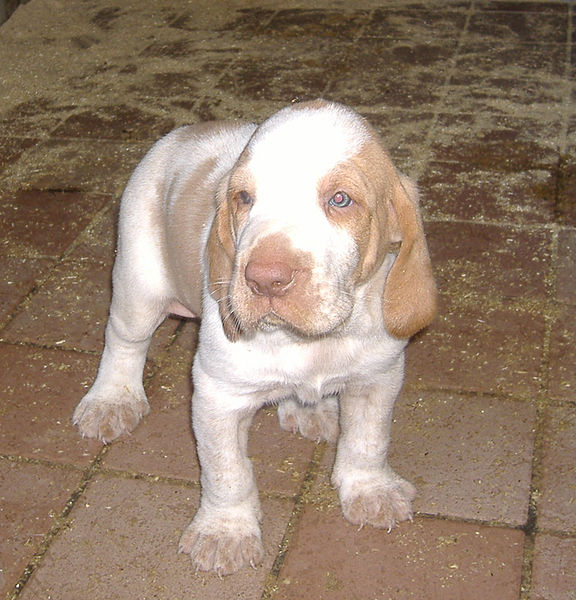PETS IN ITALY
On the streets of Italian cities and towns, it is not uncommon to see dogs leave their calling cards, showing an aspect that is quite gross, for lack of a better word. Therefore, be on the lookout when you walk.In Italy, many dogs’ owners do not proper attend to theirs dogs. For instance, they may not take them out on long walks in the countryside or give them proper open areas to run around. Instead, they only take them to small dog parks or normal local parks; some even let their dogs loose on the streets to expect that they care for themselves. However, some cities do not condone such deeds and a dog owner may be fined a sum of €30 for not cleaning up any excrement your dog has deposited on the street. Though, unfortunately, the law is not obeyed by most people. Nonetheless, any dog owner is expected to use a poop scoop to pick up the feces left by his/her dog.
QUARANTINE PROGRAMS WHEN BRINGING PETS TO ITALY
When a healthy pet is arriving Italy, no quarantine is necessary. Although, an ISO standard microchip with appropriate scanner or another equivalent and a bilingual (Italian-English) health certificate issued by an approved veterinary surgeon are required.Also, a rabies vaccination, which is not less than 20 days or later than 11 months before the health certificate is issued is required for cats and dogs. While a cat and dog that are less than 12 weeks old may not need the rabies vaccine, a health certificate indicating that no cases of rabies have been recorded in at least 6 months in local area of the dog is a must! For dogs coming in from countries that are known for high incidence of rabies, they must present a certified rabies blood test result a month after their first vaccination and a minimum of 3 months before they arrive in Italy.
TRANSPORTATION OF PETS IN ITALY
A shipping company should be notified beforehand if you’re planning to transport a pet by ferry or boat. This is because some companies will let you transport your pet in a vehicle while some will let you transport it in a cabin. If your dog is an aggressive type and is not used to traveling, you are advised to sedate the animal during the journey.
If you wish to transport your pet via air, every airline has its own rules and regulations. Consult the airline you are traveling with to know exactly what the procedure is concerning the transportation of your pet!
PET IDENTIFICATION
When a dog gets to 3 months, it is expected that its owner register it at the local dog bureau. It is part of the Italian regulations that a registered dog be tattooed not only on its ear, but its body too, as a symbol of registration. However, due to advancement in technology, the microchip identification method is gradually effacing the tattooing method.In Italy, dog tax has been stopped. Because many dog owners refuse to pay tax, claiming that their animals are working animals. Identification discs are not worn by cats and dogs in Italy and no system of licensing is available either. Nonetheless, dog owners are encouraged to wear collars and tags containing the dog’s name, phone number and address on it.

If a lost dog is found, it is taken to local pound. And if not claimed by an owner, the dog may be put down. But If dogs are to be taken on a public transport, it should wear a muzzle. Also a leash must be attached to it. Also, If you will not be carrying a dog on a public transport, then, you must pay full fare for its transportation. If your dog is too big, it may not be allowed that you travel with it on a public transport.
Vaccinations of Pets and Native Diseases in Italy
VACCINATIONS REQUIRED
For cats, the vaccines required include Calicivirus, Panleukopenia (FVRCP), Feline Viral Rhinotracheitis and rabies in a minimum of 4 weeks before arriving Italy or in the last 12 months.For dogs, the vaccines required are: Hepatitis, Distemper, Leptospirosis, Parvo, (DHLPP) and rabies in a minimum of 4 weeks before arriving Italy or in the last 12 months.

Pets in Italy face a number of dangers and diseases, which are not common in other European countries. These diseases include what is known as sandfly disease or Mediterranean. This disease is incurable once contacted. The best shot is to prevent the disease by reducing the time a dog uses outside the house during afternoon scorching sun . Or the time a dog spends outdoor at night. Meet with a veterinary surgeon to ask for other preventive measures that can be taken.
WELFARE AND INSURANCE
Ente Nazionale Per La Protezione Degli Animali is responsible for animal welfare in Italy. It is responsible for sheltering abused animals and animals that have gone astray. It also runs economical and affordable pet hospitals in a number of cities in Italy.A dog may die after eating food that has been poisoned. Which may have been laid down to control predators by hunters. So, take very good care of your dog when taking it on a walk in rural areas.
 Puppy of Bracco italiano
Puppy of Bracco italianoDo not let your dog roam about alone without monitoring it. It could be mistakenly shot at by a hunter or be stolen. If you live in a place where there are poisonous snakes, you can keep anti-venom. Which must be changed yearly and stored in the refrigerator.
Many insurance companies offer health insurance for pets, so seek out the one that suits you and your pet. It is advised that you have a 3rd-party insurance should your dog cause an accident or bite someone.
No comments:
Post a Comment